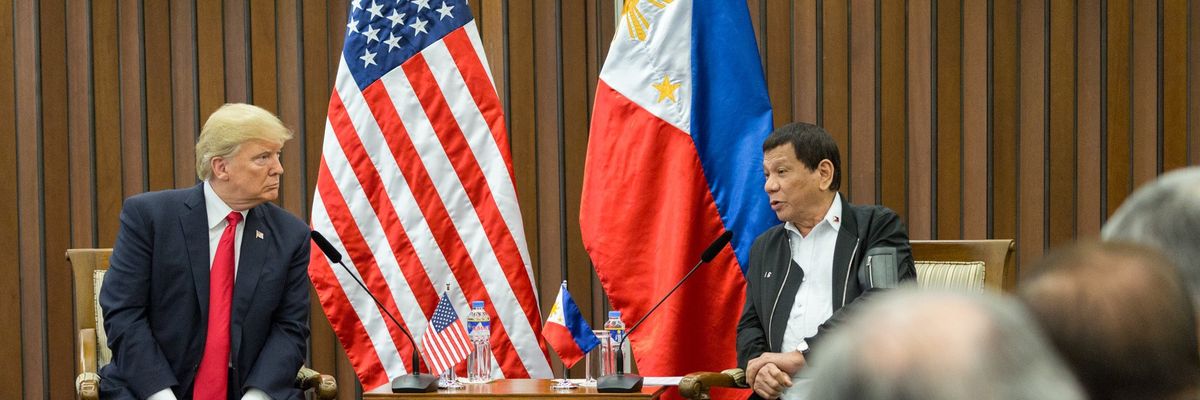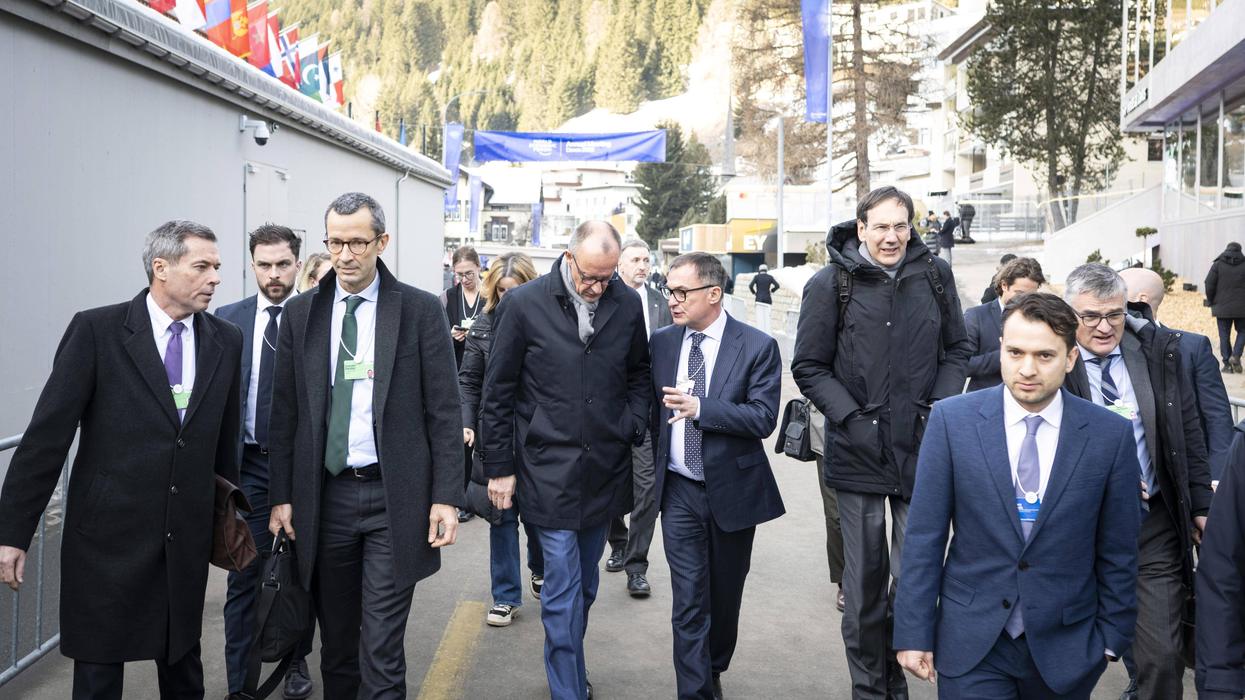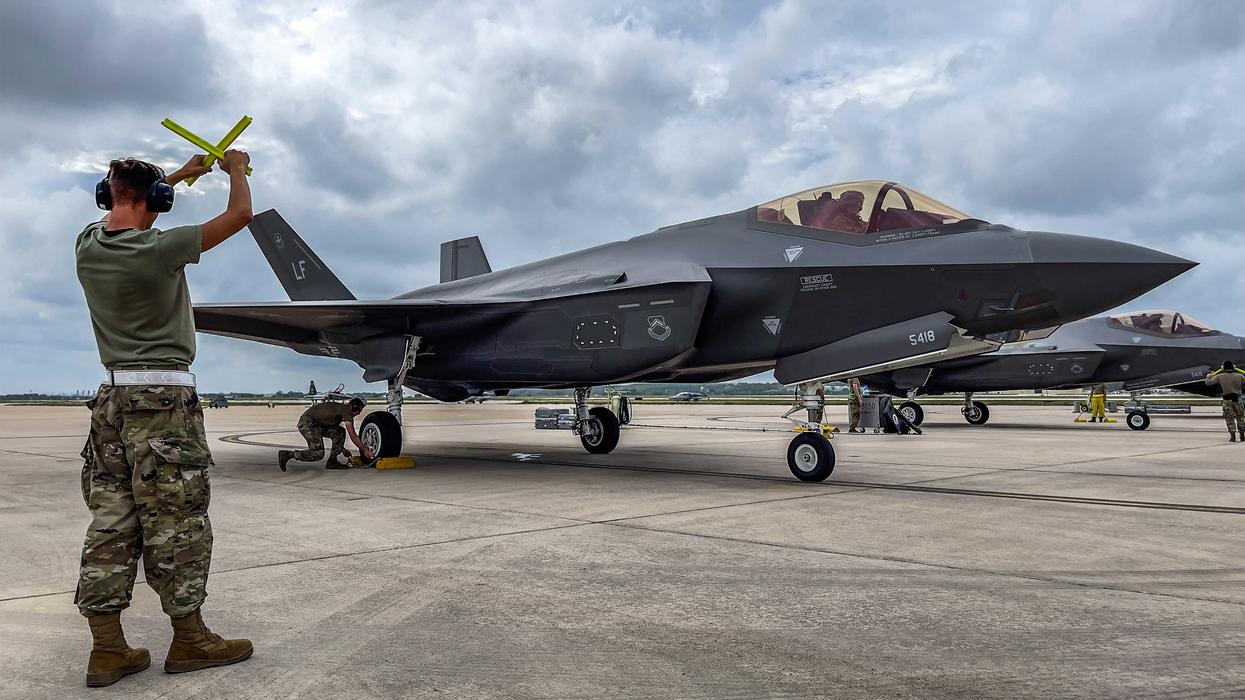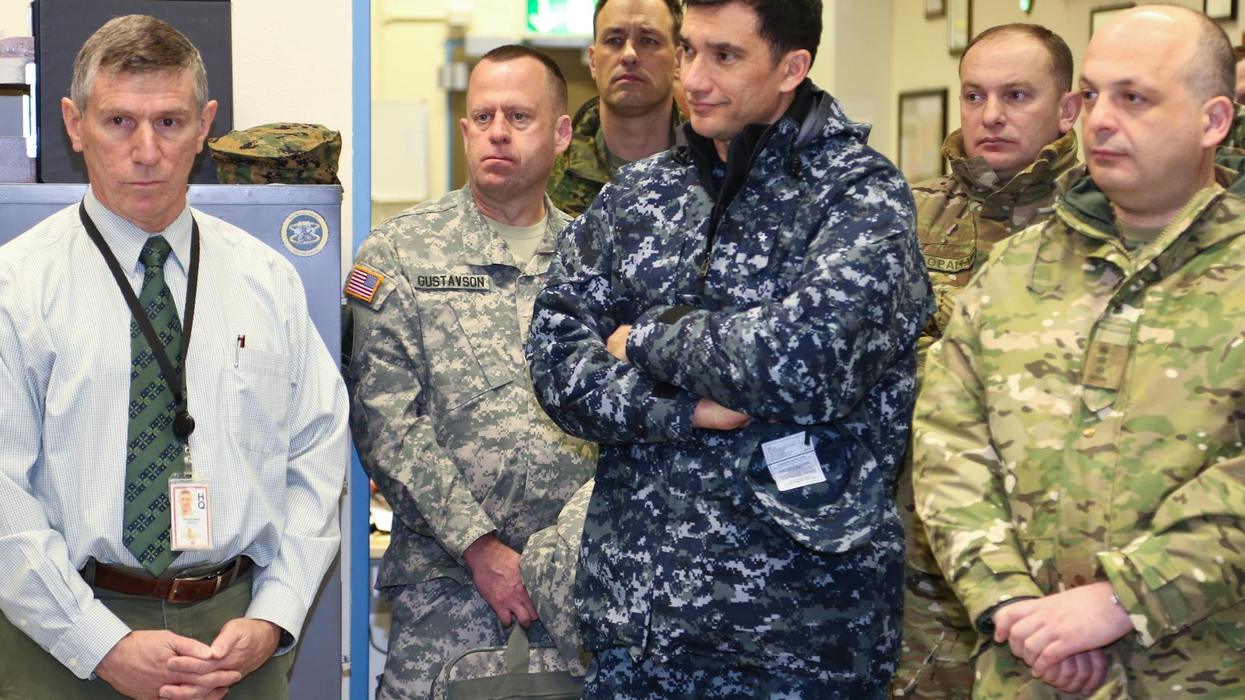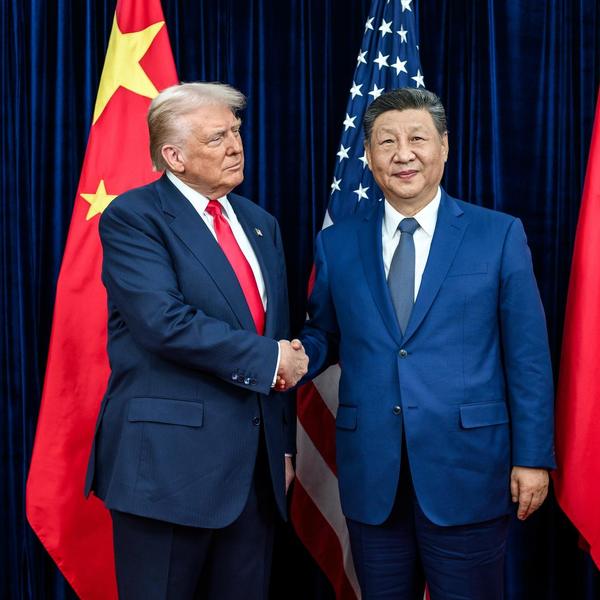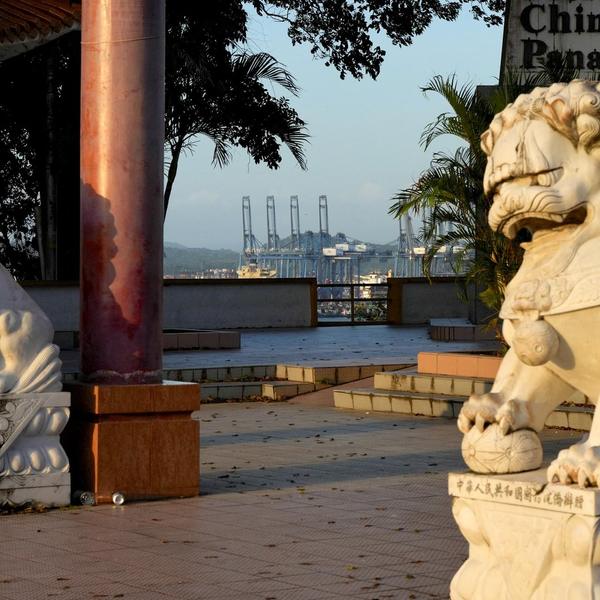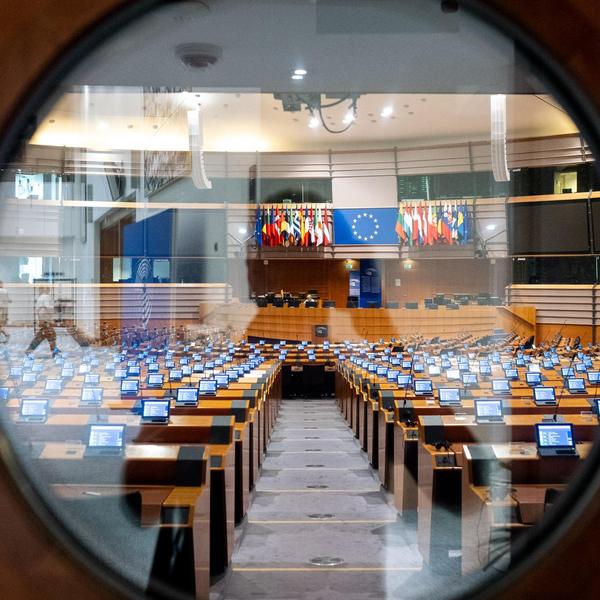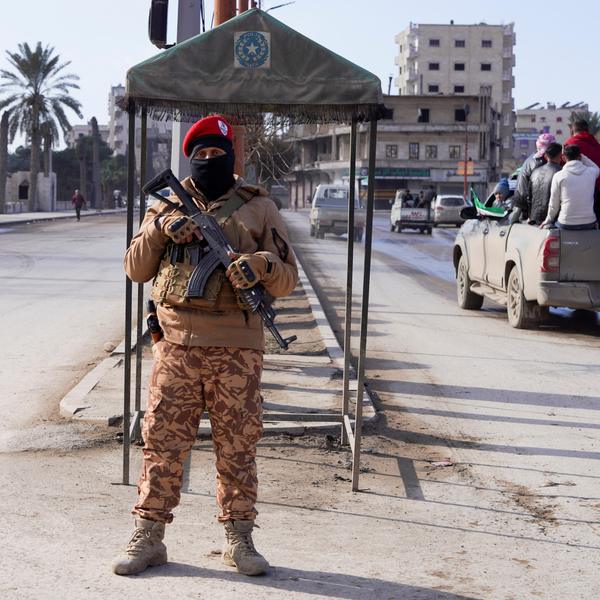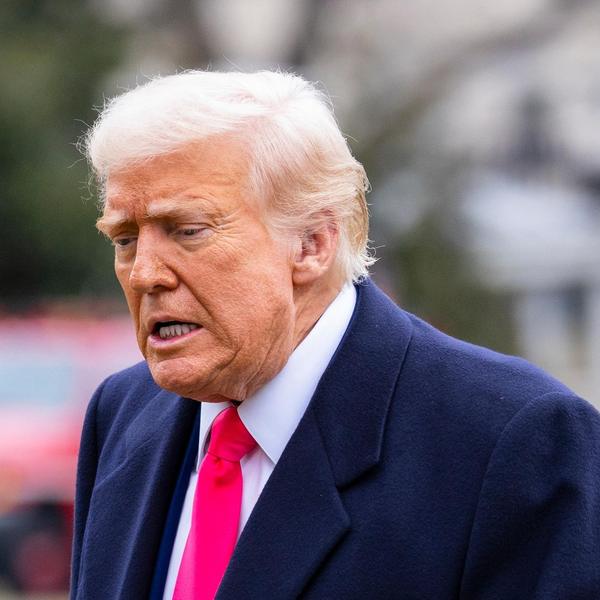With the world’s focus on the spread of the coronavirus pandemic, it’s easy to see how the recent shocking news from Manila might have been missed. During any normal news cycle, however, the announcement by the government of the Philippines that it had served official notice to Washington that it was terminating the Visiting Forces Agreement (VFA), would amount to a geopolitical tsunami. That agreement represents the bedrock of this long-term bilateral alliance, as it provides the legal framework governing all U.S.-Philippines military cooperation. According to one senior U.S. State Department official quoted in a recent New York Times article, that cooperation has “allowed for about 300 joint exercises annually between the American and Philippine militaries,” but those operations are now “at risk.”
The reason given by Philippines President Rodrigo Duterte for this precipitous move has been explained as retaliation for the failure of the U.S. to grant a visa to a senior official in Duterte’s administration. Given Duterte’s flare for the dramatic and hyperbole, many in Washington will be inclined to view this gesture as a grand bluff in a game of high-stakes poker. Others may well suggest that Duterte could genuinely have this intention, but lacks the power to impose his will, given nearly certain opposition from both the legislature and the pro-American military of the Philippines. Even in the worst case, it could be surmised, that Duterte’s term is almost up anyhow, and this damage could likely be repaired under a new and presumably less temperamental leader.
Duterte’s action, taken at face value, will be viewed by most of the Washington foreign policy establishment as a potential disaster for U.S. strategy in the Asia-Pacific region. After being ejected from the Philippines during the 1990s, successive U.S. administrations have worked hard to get American military forces back onto the archipelago. The so-called “War on Terror” aided this process as U.S. forces became involved in stalking insurgents on the volatile island of Mindanao. As part of its “pivot to Asia,” and in light of the rather embarrassing Scarborough Shoal incident, the Obama administration developed an extensive plan with Manila to build up American military access to the Philippines. As a result, U.S. forces of all types have become a more and more common sight, especially in the waters and airspace surrounding the archipelagic nation. Most recently, U.S. forces provided critical support to Philippines forces battling ISIS militants in the city of Marawi, while Secretary of State Mike Pompeo has made an effort to commit the U.S. ever more strongly to the defense of Philippines forces tangling with Chinese vessels in the South China Sea.
Given the above tendencies, many in the U.S. defense establishment had taken to viewing Manila as the first and most promising line of defense against Chinese expansionism in the South China Sea. As all these ambitious plans and commitments could now very well go up in smoke with Duterte’s recent moves, one may expect the Washington “blob” to enter a period of feverish anxiety.
These fears, however, are not warranted and they actually neglect an interesting opportunity that Duterte’s paroxysm of anti-American anger provides for Washington to think anew about vastly over-extended U.S. defense commitments across the whole Asia-Pacific region. Such reforms are imperative for historical, economic, environmental, strategic and also basic structural reasons.
Many Americans are aware that General Douglas MacArthur famously made good on his pledge “I shall return,” and liberated the Philippines from the cruel Japanese conquest. But few seem to understand that just a few decades before that triumphant moment, it was the Americans, who played the role of brutal conquerors. No less an American icon than Mark Twain wrote at the time of the U.S. intervention in the Philippines in 1901:
There have been lies. … We have been treacherous … we have crushed a deceived and confiding people; … we have robbed a trusting friend of his land and his liberty; we have debauched America’s honor … [I propose our new flag should have] … the white stripes painted black and the stars replaced by the skull and cross bones.
It is now well-known that the famous torture technique of water boarding – then known as “the water cure” was first used by U.S. forces in the Philippines during this period. True, the bells of Balangiga have finally been returned to their rightful owners, but that is only the sparest beginning of a historical reckoning that might include more than a few Cold War tales of woe. Is it any wonder that Duterte and not a few of his countrymen harbor deep resentments toward America?
There are also sound economic and strategic reasons to question the long-term viability of the U.S.-Philippines Alliance. With defense commitments around the world from Estonia to Niger to Bahrain to South Korea, Washington does not have significant resources to sink into the Philippines. It cannot be surprising that Manila was not particularly impressed to be gifted a 30-year old U.S. Coast Guard cutter, which most strategists cynically guessed would be spending most of its time in the dry dock.
True, the Philippines’ economy has been growing briskly, but it also lacks resources to undertake a military buildup to balance against China. What resources that this relatively poor country can spare from the mundane tasks of providing clean water, education, roads, and electricity to its inhabitants must be spent on hardening against the ever more certain threat of super typhoons.
As for the prospects of dispersing capable U.S. aircraft and missiles throughout the island archipelago to form a kind of “porcupine” that China cannot swallow, the prospects are not very good at all. Some communities might welcome the new roads and jobs that would accompany these developments, but many others would criticize the deforestation and strain on fragile, island and coastal ecosystems. From a strategic point of view, moreover, Beijing will likely respond to U.S. placement of powerful forces in the Philippines by targeting these very same islands with ever more firepower. Operating from interior lines, moreover, there is every reason to think China can match the U.S. missile for missile and aircraft for aircraft (and at lower cost) in this area proximate to its own home turf.
Yet when American strategists mull over the U.S.-Philippines Alliance, the big question is hardly ever asked: Does China really pose any kind of credible threat to the Philippines? Sure there is that scrap about some rocks and reefs in the South China Sea. That “case” has kept international lawyers buzzing for almost a decade now, making impassioned arguments about high tide lines and economic exclusive zones, etc.
But putting aside “low politics” disputes about oil, gas and fish resources, as well as vague and bizarre abstractions like the “defense of the global system,” there is absolutely no reason to suspect that China is plotting an invasion of either Palawan or Luzon, or even the eccentric locale (and Duterte’s home) of Mindanao. It has been 40 years since Beijing used large-scale military force against one of its neighbors. Chinese leaders have long since realized that conquest does not pay, but rather stirs up a hornet’s nest of ill-will due to potent local nationalisms. In other words, it has studied examples from recent U.S. history, including Vietnam, Iraq, and Afghanistan. Will China attempt to cut off other countries’ access to this vital sea lane that passes through the South China Sea? It’s extremely unlikely since China itself would be vulnerable to this same kind of coercion in retaliation. The structural problem with conjuring a Chinese threat where none really exists is that related actions to strengthen the alliance trigger a “security dilemma” within the vital U.S.-China relationship. Thus, Americans should not be surprised that China’s rapid naval buildup and the creation of large reef bases in the South China Sea followed hard upon Obama’s brazen, but ill-considered “pivot to Asia.”
There is actually no special reason for the U.S. to fear growing Chinese influence in the Philippines. Big countries tend to influence smaller neighbors. Just ask Mexico. Of course, China-Philippines relations are destined in a similar way to be rather bumpy and unstable, since that is in the nature of neighborly interactions. They are inherently complex and full of nettlesome disputes. Ultimately, Washington might wish to leave the bare bones of the Alliance in place as a deterrent against the very far-fetched possibility of blatant Chinese aggression. Arguably, Manila and Beijing could also be quietly warned that the U.S. will not tolerate the two countries cooperating in the military sphere against U.S. interests (i.e. no Chinese bases permitted). Yet again, that is an outlandish scenario at this point with zero objective basis. In fact, it seems Beijing has significantly helped Manila deal with the ISIS insurrection in Marawi, revealing that the U.S. and China actually have some common objectives with respect to ensuring peace and stability in the Philippines.
In sum, there is no serious rationale for seeking or maintaining major U.S. forces in the Philippines. Washington must resist a New Cold War reflexive "freak out," and rather adopt a more innovative, flexible and demilitarized approach to strategy across the Asia-Pacific. That will be the best way to retain substantial influence in a plainly multi-polar world. Instead of blaming Duterte’s erratic policies and his often anti-American demeanor, U.S. taxpayers, servicemen, and strategists alike should thank the hot-headed leader for helping to inject a major dose of reality into contemporary American strategy formulation. Indeed, Asia-Pacific strategists should spend a little less time thinking about sovereignty issues in the South China Sea and a little more time worrying about pandemic flu and other potential humanitarian disasters.

